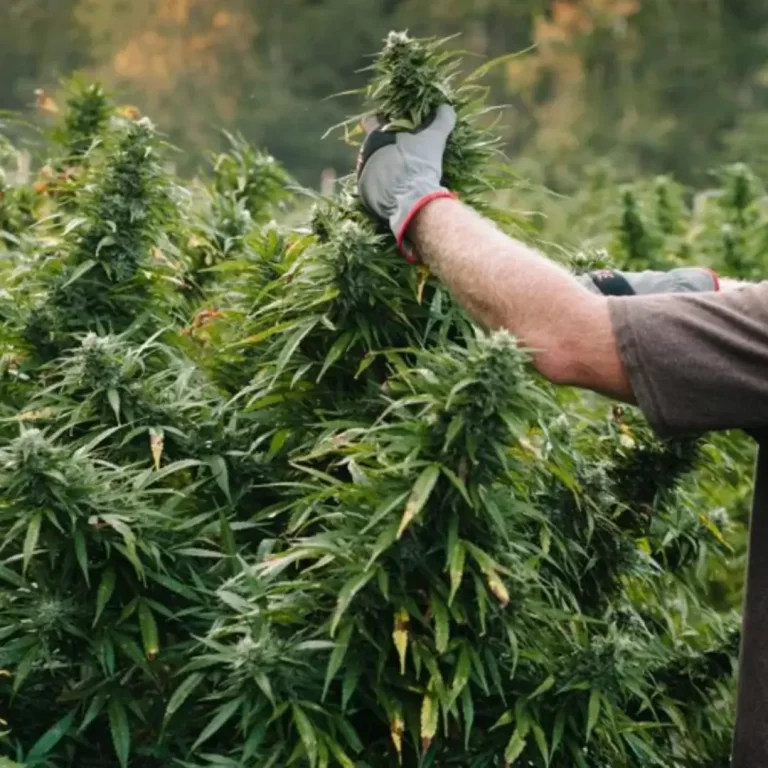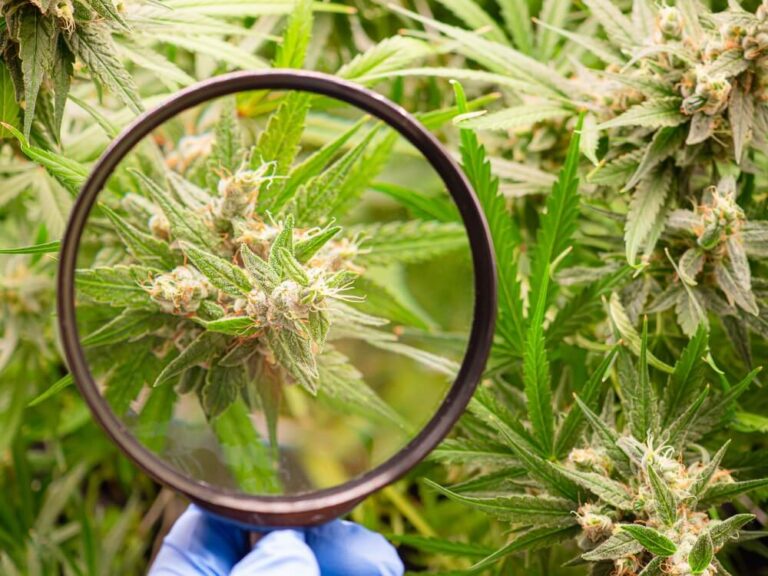
FDA Probes “Flexibility” in Cannabis Scheduling
- Cannabis News
- Cannabutter Digest
As Cannabutter Digest reported in early October, President Joe Biden recently announced that the federal government would complete a cannabis scheduling review and a wave of mass pardons for people convicted of federal marijuana possession. For many cannabis rights advocates, the move has been seen as the first step toward federal marijuana legalization.
In response to Biden’s announcement, a top official for the U.S. Food and Drug Administration (FDA) stated last Thursday that the agency was evaluating “what flexibilities we might have” concerning Biden’s directive. The FDA will participate in the review by spearheading the scientific and medical evaluation of the drug to determine whether cannabis has medical value. However, according to the FDA spokeswoman, the Drug Enforcement Administration (DEA) has the final say about potentially descheduling or reclassifying marijuana.
To Deschedule or to Reschedule?
Marijuana is currently listed as a Schedule I drug under the Controlled Substances Act. The Controlled Substances Act was established in 1970 and created five “schedules” (categories) of drugs, along with a range of criteria used to classify drugs. Both the FDA and the DEA are responsible for determining which drugs are included or removed from certain categories. The factors these agencies consider when scheduling a drug include the drug’s potential for abuse, the drug’s accepted medical use, and the drug’s safety and potential for addiction.
Schedule I represents what the federal government believes are the most dangerous drugs. According to the DEA, drugs listed in Schedule I have “no currently accepted medical use and a high potential for abuse.” Along with marijuana, other drugs in Schedule I include LSD, heroin, and ecstasy.
Because of marijuana’s current classification and the DEA’s stringent policies, the FDA has long been restricted in its ability to study cannabis in a meaningful way. FDA scientists have consistently encountered research barriers that have prevented them from learning more about the benefits and risks associated with marijuana consumption. It remains unclear how much “flexibility” they will have to study cannabis during the current scheduling review.
During a recent webinar, Dr. Janet Woodcock, the principal deputy commissioner for the FDA who also heads up the agency’s Cannabis Product Committee, stated that the agency’s role in the review will be limited to a “scientific and medical assessment” of the drug. The FDA will also consider input from the National Institute on Drug Abuse (NIDA) before making a scheduling recommendation to the DEA.
According to Woodcock, the DEA is supposed to accept the FDA’s findings and follow their recommendation, but in the end, DEA is a law enforcement agency, and they have the authority to decide how cannabis should be classified. Depending on the results of the review, the DEA could place cannabis in a different schedule, or they could deschedule cannabis entirely, which many proponents are hoping for. Descheduling the drug would essentially make cannabis legal at the federal level. The DEA could also create an entirely new schedule exclusively for cannabis.
Marijuana legalization advocates have argued that simply reclassifying the drug in a different schedule could have unintended consequences. In addition to complicating recreational and medical cannabis programs in states where the drug is legal, anything short of descheduling marijuana would continue to prevent the FDA and other agencies from carrying out important research on the drug.
A Murky Timeline
Woodcock gave no indication as to how long it might take the FDA to complete its assessment but others at the agency have suggested that the review will happen quickly. Woodcock emphasized that the FDA has no present position on cannabis and that the agency will utilize its eight-factor analysis to assess the positive and negative health effects of cannabis. It will work closely with the NIDA and the Department of Housing and Human Services (HHS), which is led by Secretary Xavier Becerra.
Secretary Becerra has also emphasized that the marijuana scheduling review will be expeditious and stated that he has spoken to FDA Commissioner Dr. Robert Califf on the matter. Officials from the Justice Department have also expressed their intention to move forward with pardoning individuals convicted of simple marijuana posession at the federal level. Additionally, the Department of Labor has committed to ensuring that individuals who receive pardons for federal marijuana offenses are able to obtain steady employment.
While the FDA has pledged to swiftly reevaluate marijuana’s status as a Schedule I drug, they have been slow to establish marketing regulations for legal hemp-derived cannabinoids such as CBD. Industrialized hemp with a THC concentration of no more than .3 percent was legalized by 2018’s Farm Bill (THC is the psychoactive component in cannabis, or the element that gets users “high”). The Farm Bill removed hemp from Schedule I of the Controlled Substances Act, where marijuana is still listed today. But in more than four years, FDA has not released any rules or guidelines related to the sale of CBD and other cannabinoids, much to the chagrin of cannabis companies and policymakers.
During the webinar, Dr. Woodcock and FDA Senior Science Advisor Patrick Cournoyer acknowledged the agency’s lack of progress on regulating the sale of legal hemp derivatives and the widespread frustration at what a group of bipartisan lawmakers called a “completely insufficient response.”
It remains to be seen how quickly the FDA will conduct its review of marijuana’s scheduling status and how flexible the scope of its research will be, but given the urgency of Biden’s directive and the broad support for the review, cannabis rights advocates are hopeful that the FDA will work swiftly to study the drug, recognize its medical benefits, and recommend that marijuana be descheduled.
“FDA is tasked with bringing good science and policy together to protect our health and safety,” said Sarah A. Chase, Executive Director for the Council for Federal Cannabis Regulation (CFCR). “Cannabis, in particular, is a new challenge that requires us all to substantially rethink a regulatory framework for the future. CFCR and FDA both understand the opportunity to get this right and to even serve as a model for other countries as we collectively tackle these same 21st century healthcare and public safety obstacles.”
Keep Reading Cannabutter Digest!
But wait, there’s more! More news, more reviews, more tasty content about all things Cannabutter-related. Keep exploring to find… well, more!






